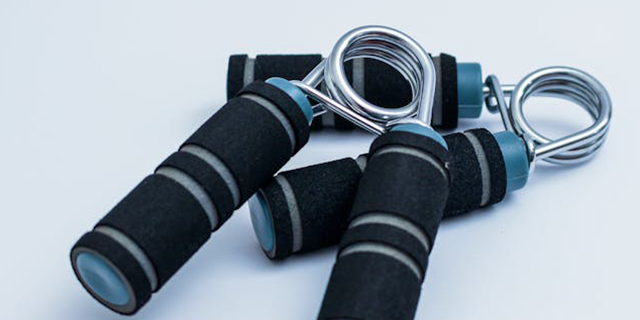
What is Fitness Equipment Names?
Fitness equipment names refer to the various tools and machines designed to enhance physical exercise and improve overall fitness. These can include a wide range of items, such as free weights like dumbbells and kettlebells, resistance machines like leg presses and cable machines, cardiovascular equipment like treadmills and stationary bikes, and functional training tools like medicine balls and resistance bands. Each piece of equipment serves a specific purpose, targeting different muscle groups or types of workouts, and is essential for both personal training and gym settings. Understanding these names helps individuals choose the right equipment for their fitness goals and routines.
What is Fitness Equipment Names?
Fitness equipment names refer to the various tools and machines designed to enhance physical exercise and improve overall fitness. These can include a wide range of items, such as free weights like dumbbells and kettlebells, resistance machines like leg presses and cable machines, cardiovascular equipment like treadmills and stationary bikes, and functional training tools like medicine balls and resistance bands. Each piece of equipment serves a specific purpose, targeting different muscle groups or types of workouts, and is essential for both personal training and gym settings. Understanding these names helps individuals choose the right equipment for their fitness goals and routines.
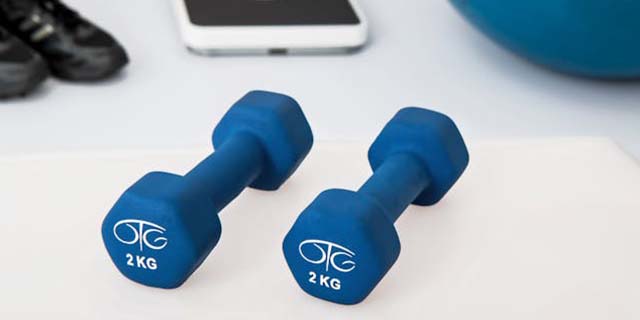
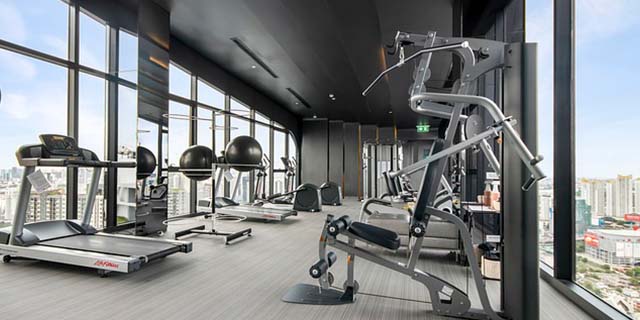
Example of Fitness Equipment Names?
When it comes to fitness equipment, there is a wide variety of names that cater to different types of workouts and training goals. Examples include "dumbbells," which are versatile weights used for strength training; "treadmill," a popular cardio machine for running or walking indoors; "kettlebell," a cast-iron weight with a handle that allows for dynamic movements; "stationary bike," designed for cycling workouts at home or in the gym; and "resistance bands," elastic bands used for strength training and rehabilitation exercises. Each piece of equipment serves a unique purpose, helping individuals achieve their fitness objectives effectively.
How to select Fitness Equipment Names?
Selecting fitness equipment names involves a thoughtful process that combines creativity, clarity, and market appeal. Start by considering the target audience and the specific purpose of the equipment; names should resonate with potential users and convey the intended use or benefits. Incorporate descriptive terms that highlight features, such as "power," "strength," or "endurance," to evoke the desired emotions and associations. Additionally, ensure that the name is easy to pronounce and remember, which can enhance brand recognition. Finally, conduct market research to check for existing trademarks and gather feedback from potential customers to refine your choices. **Brief Answer:** To select fitness equipment names, focus on creativity and clarity, ensuring they resonate with the target audience and convey the equipment's purpose. Use descriptive terms, keep names memorable, and conduct market research for trademark checks and customer feedback.
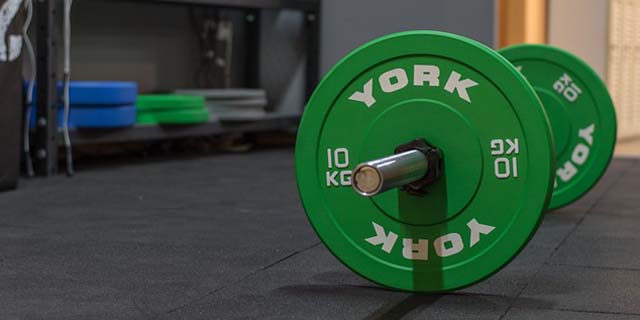
Advertising space for rent
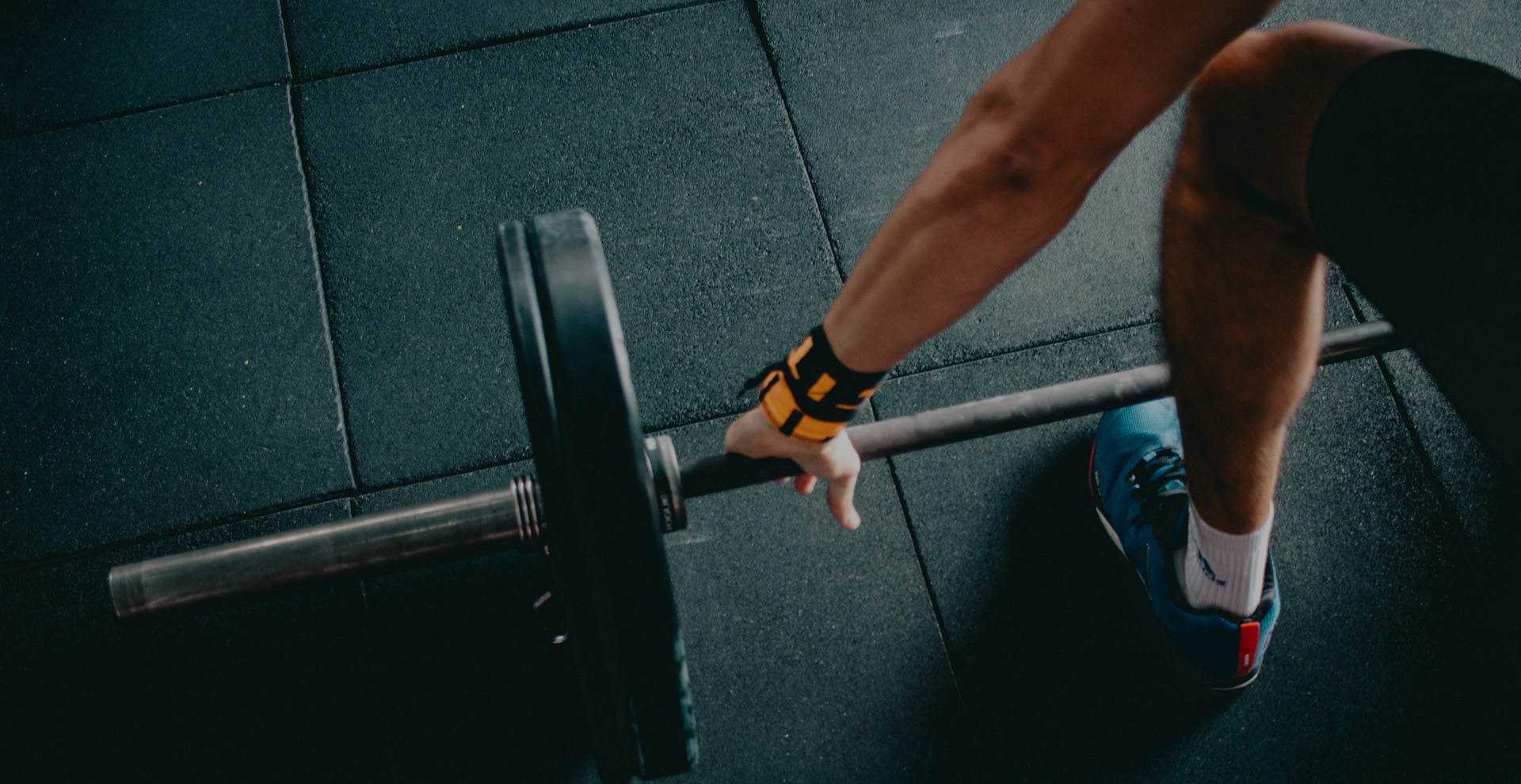
FAQ
- Fitness equipment refers to tools and devices used to enhance physical activity, including machines, weights, and accessories designed for exercise.
- Common fitness equipment includes treadmills, stationary bikes, dumbbells, kettlebells, resistance bands, and yoga mats.
- Choose equipment based on your fitness goals, available space, budget, and the type of exercises you enjoy (cardio, strength training, etc.).
- Cardio equipment like treadmills and bikes is used for aerobic exercise, while strength training equipment like dumbbells and machines is used to build muscle.
- Yes, home fitness equipment can be very effective when used consistently and combined with a well-designed workout plan.
- Proper form prevents injuries and ensures that you’re targeting the right muscles and getting the most benefit from your workout.
- Yes, many types of fitness equipment, such as rowing machines or total-body machines, offer full-body workouts when used correctly.
- Functional fitness equipment, like kettlebells and medicine balls, helps improve strength, balance, and flexibility for real-life movements and activities.
- Regularly clean, lubricate moving parts, and check for wear and tear. Follow manufacturer instructions for maintenance to extend the life of your equipment.
- Resistance bands, dumbbells, kettlebells, and compact cardio equipment like folding treadmills or stationary bikes are great options for small spaces.
- Resistance bands are used for strength training and flexibility exercises, providing variable resistance to enhance muscle engagement.
- While not necessary, having gym equipment at home provides convenience, allowing you to work out whenever you prefer.
- Start with a weight that allows you to perform 8-12 repetitions per set with good form. Gradually increase weight as you gain strength.
- HIIT (High-Intensity Interval Training) equipment is designed for short bursts of intense activity, like battle ropes, kettlebells, and jump ropes.
- Aerobic equipment, like treadmills and ellipticals, supports endurance training, while anaerobic equipment, like weights and resistance bands, is used for strength and power exercises.
